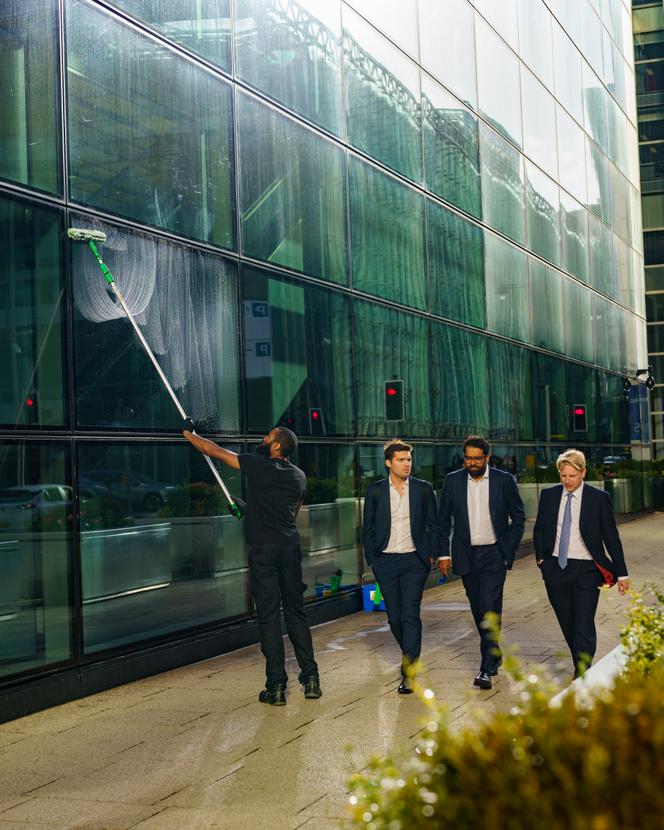


Contrary to popular belief, global inequality has been declining for the past quarter-century. Since 2000, the share of post-tax and post-redistribution income held by the world's richest 1% has slightly decreased, from 17% to just over 16%. For the poorest 50%, it has increased from 7% to 10%. However, these averages obscure two sharply different trends. Inequality between countries has narrowed considerably, mainly thanks to the economic catch-up of China and India – a positive aspect of globalization. Conversely, inequality within countries has increased significantly, largely offsetting the effects of global economic convergence.
Starting from this observation, four economists from the World Inequality Lab (WIL), a research center affiliated with the Paris School of Economics, set out to forecast the next 25 years. What will inequality look like in 2050 if nothing changes? Their main conclusion is that "convergence between countries, long promoted as the solution to reducing global wealth gaps, will have very little effect," explained Lucas Chancel, one of the authors of the study published Wednesday, May 21, and co-director of the WIL. In other words, the emergence of middle and upper classes in Asia will not be enough to significantly reduce global inequality.
You have 76.19% of this article left to read. The rest is for subscribers only.
